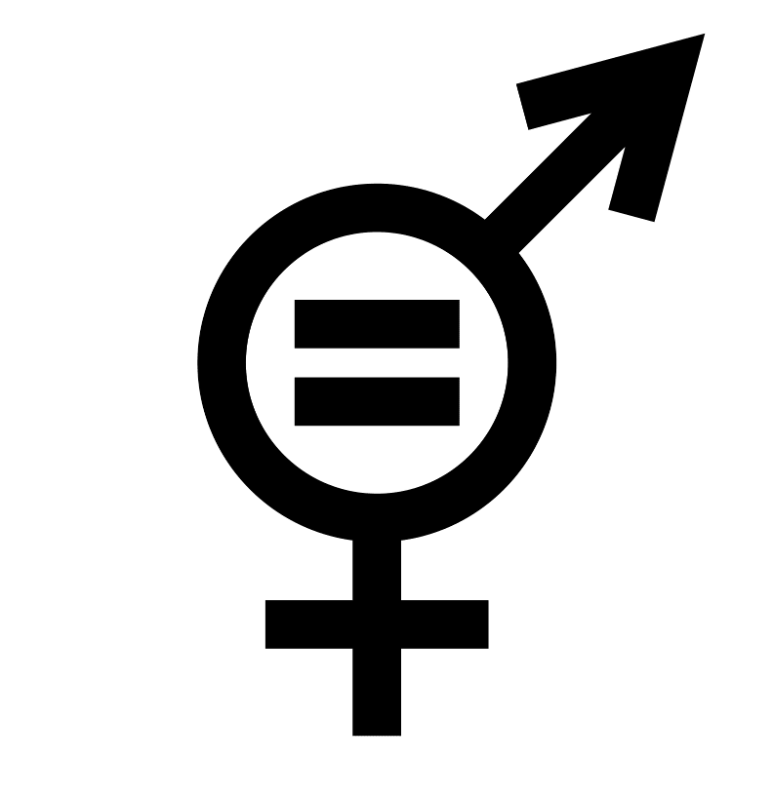Iran’s Women’s Rights Abuse: Shocking Yet Common
After the September death of Mahsa Amini at the hands of the morality police, protests broke across Iran over the treatment of women, opening the eyes of many to the injustice in the country. As a result, much of the world has decided to further hold Iran accountable by criticizing their actions.
Although slightly delayed, this reaction does show progress in condemning countries that engage in gender-based discrimination. However, there still looms a rarely mentioned fact: although Iran’s government has taken tearing down women’s rights to a horrifying extreme, it is not the only country to do so.
In Saudi Arabia, for example, women are not even allowed passports, and cannot choose their spouse. In Qatar, women need male guardians to execute their most basic rights, are not allowed to be primary caregivers, and are ‘treated as children’, and Afghanistan, now under Taliban rule, is barring girls from attending school.
Islamic countries are not the only ones disrespecting women’s rights. In the U.S., often seen as the pinnacle of progressivism, reproductive rights have been stripped away over the past few months, and across the world, women get paid less than men, receiving roughly 77 cents for every dollar. At the current rate, it will take over 250 years for the gender pay gap to close.
Despite the severe gender inequality in the world, there is not much being done about it. For example, one of the strongest actions in condemnation of Iran was expelling the nation from the UN women’s commision, which some may be surprised to learn Iran was a part of in the first place. But, our failure to take appropriate action is not unique to our response to Iran.
Unfortunately, more often than not, our actions are only pointed at our enemies. We seem to have a hard time criticizing the actions of our friends, or ourselves. We do this because of the fear of losing those friends, those allies. However, is it not the point of an alliance with another country for them to learn from us and vice versa? Also, if a country is so set in its discriminatory ways, do we really want to be allied with them?
In order to criticize our enemies and push them to do better, we must first push our friends, and ourselves. Iran is not alone in its abuse of women, and it should not be treated as such.

Daniel is an IB Junior who is celebrating his third year at the Banner, second as Opinions Editor. Outside of the Banner, Daniel is part of Freshman Mentors,...



